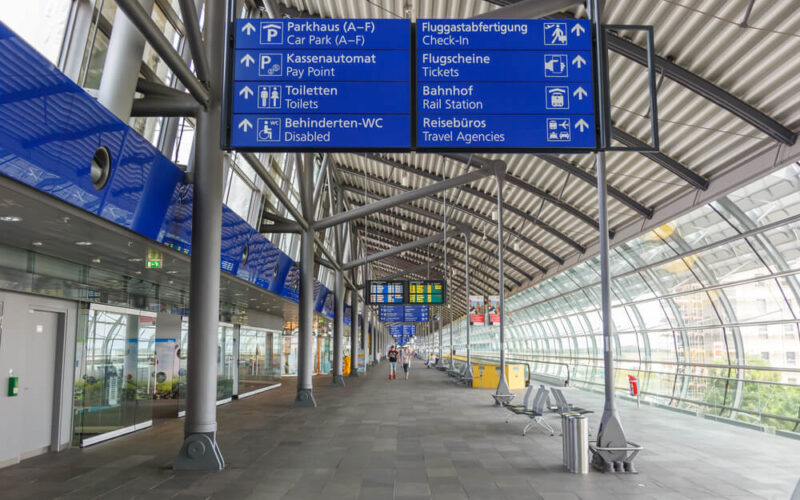The European Union (EU) plans to set up a new logistics center for humanitarian aid at the Leipzig/Halle Airport, Germany. The center is being built as a part of the disaster control program of the EU.
The new facility, which is being built close to Leipzig/Halle Airport (LEJ), will serve as a logistics center capable of storing medical and other goods to meet the growing needs of the health sector. The humanitarian aid center will be maintained by the German Red Cross (DRK), the national Red Cross Society. Besides, the center will also serve as a distribution point for all equipment used for crisis control.
The EU chose to set up the logistics center at the Leipzig/Halle Airport taking into account that the airport is the fifth-largest cargo air freight hub in Europe. In addition, the airport offers all necessary conditions for handling humanitarian aid shipments, including IATA’s CEIV Pharma certification, which the airport received in February 2020. The CEIV Pharma certification confirms that the airport is capable to handle temperature-sensitive and time-critical pharmaceutical goods following international standards.
Speaking to local media on January 13, 2020, Gotz Ahmelmann, the CEO of Mitteldeutsche Flughafen AG, outlined that the airport has 24-hour operating permission for cargo flights and is directly connected to the trans-European motorway and rail network. In addition, the developed infrastructure of the airport also plays a significant role in the creation of effective logistics and supply chains while being able to handle all types of air freight and cargo aircraft.
Following the German government’s decision to reduce the time required for permits for incoming and outgoing ad-hoc freight charter flights, LEJ airport also manages to accelerate the procedures for obtaining landing and entry permits.
“We are proud to make our contribution to humanitarian aid and feel encouraged to continue doing everything we can to ensure that we are flexible in getting all types of cargo into the air, ” said Ahmelmann.

